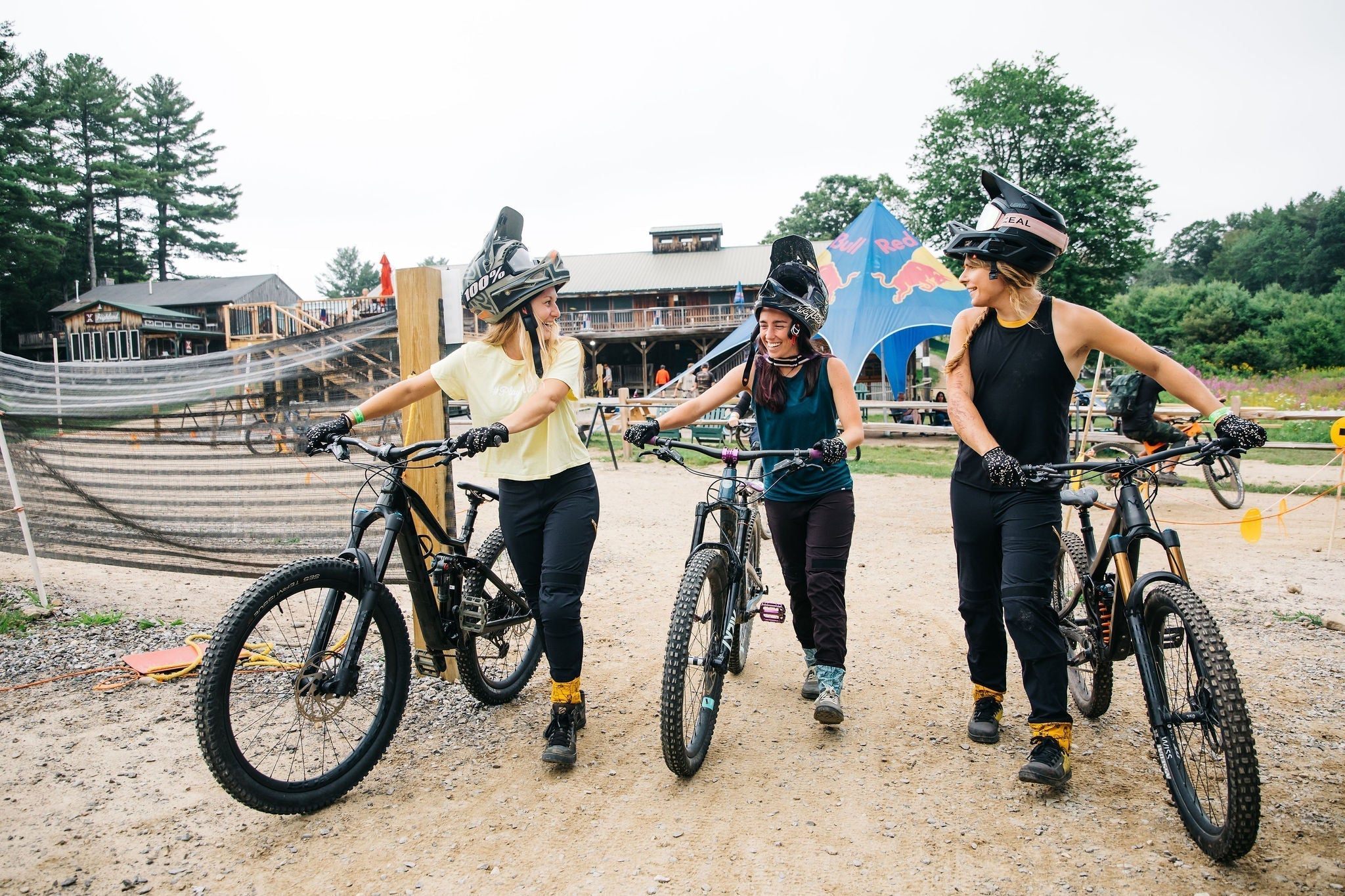
Women In The Pit: Changing the Status Quo in Bike Shops
Written by Lily Krass
It’s about time we started seeing more women in the mechanic’s pit.
Although bike shops are starting to see more and more female faces in the service department, working on bikes isn’t exactly a profession many women stumble into. It’s a career that takes commitment, tough skin, and a fierce desire to keep knocking on the door.
“People I’ve worked with generally say if there’s a female mechanic, odds are they’re going to be really good,” says Andi Zolton, mechanic and founder of Roam Events. “It’s not a normal societal path you see a female on, so if she chooses it, it’s because she really has a passion for it.”
Although I spend almost every day of the week on my mountain bike, I often get flustered when confronted with even a small mechanical issue. Working on my own bike is something I strive to get better at, but to be perfectly honest, the complex machine that brings me such joy while flying down a hill, intimidates the hell out of me. I’ve often asked myself why. Sure, I’m scared of breaking it, or taking apart something I can’t put back together, but does part of that self doubt come from the fact that I’ve never seen someone who looks like me do it? Or the prolific mansplaining so many of us are subjected to when we walk into a bike shop?
I talked with three female bike mechanics this summer about changing society’s perception of who can and can’t work on bikes. For most of them, the path started with the simple desire to feel independent and self-sufficient in a sport they love. Now, it’s about the motivation to show other women what they’re capable of.
Meet Hansen, Andi, and Paige - three amazing women who not only rip on bikes, but are also shaking up the status quo of what it means to be a bike mechanic.
Katie Hansen

When Katie Hansen first applied to be an entry-level mechanic at a bike shop in Memphis, she was assigned to the sales floor instead. Determined to get her foot in the door as a mechanic, she stayed late after the shop closed, asking other mechanics questions, eventually building bikes early in the morning and after her sales shifts had ended. Months went by, and eventually her schedule shifted to be 50/50 in sales and service before the shop hired her to work full time in the back.
“That was the first time I realized that as a woman in the bike industry, you have to fight to make people respect you,” she says. Hansen moved to Jackson, Wyoming the following year and started work at Hoback Sports, building bikes after hours before getting hired on as the shop’s first ever female mechanic. “I was so nervous when I started,” Hansen recalls. “I never remembered to eat. It wasn’t that anyone was being mean, it’s just such an intimidating environment to step into, and it can feel really isolating to be the first and only woman in the service shop.”
Hansen believes that the bike industry needs to lead by example to show women what’s possible. “Marketing is a huge piece of making women feel welcome,” she says. “On the outside of our shop, there’s a huge photo of a dude on a trail throwing a huge whip, and then there’s a woman with her helmet off walking her bike up a hill. It’s things like that that shape women’s perception of what our place is. It discourages women from jumping in, like so many of them could.”
When Hansen walks out of the shop, customers are often surprised to be greeted by a woman. But while that can be exhausting, it’s also rewarding. When other women walk into the shop and get to chat with Hansen about their bike, ask her questions, and learn how to do something on their own, it makes the hard parts worth it. “It’s really empowering to do your own bike service. When I started riding a bike, I wanted to know how to fix it on my own so I could be totally independent,” she says. “It feels good to have total ownership of my sport, and now I’m equipped to share that with other women who want to learn.”
Andi Zolton

Racing and working on bikes has been the driving force behind Andi’s life since her first bike shop job at age 20. “Growing up, I was always riding my bike but I didn’t even really know mountain biking was a thing,” she remembers. “But I knew I loved bikes and wanted to learn how to fix mine, I just didn’t know where to start.” Gregg’s Cycles hired her to work on the sales floor during college and by her third summer, she was assembling bikes, slowly working her way into the mechanic shop. After school, Andi took a hiatus from working on bikes to focus completely on racing, competing in enduro, cyclocross, and cross-country races.
While racing for the Liv Factory Team in 2016, she met Ash (her now life and business partner), who was working for Liv and planning to start a bike retreat and all-encompassing demo clinic for women. “I thought, ‘that’s exactly what I want to do!’” A year later, the two of them launched Roam Events, which has grown to include bike retreats all over the country as well as Roam Festivals, now the largest women’s mountain bike festival in the world. “I remember this shift from being so focused on being a pro racer to wanting to work more behind the scenes and help others learn and get to have these amazing experiences,” she says. Returning to her mechanic roots, Andi leads bike clinics for women at Roam, has travelled with Rebecca Rusch as the trip mechanic on her last two MTB LAO trips to ride the Ho Chi Minh trail, and is getting ready to start wrenching for the USA Cycling Olympic Development Academy in the fall.

“The main reason I wanted to learn to work on bikes was to be self-sufficient and fully understand the system,” she says. “I definitely feel the most confident about myself when I’m riding or working on a bike. I feel pride in my experience and knowledge, and that gives me confidence as I move about the world and interact with other people. I think the more women who can feel that level of empowerment on their bicycle, the better."
Paige Stuart

Long before she was a mechanic, Paige Stuart had always considered herself a tinkerer. “I was always finding old bikes and fixing them for fun, but it never occurred to me to do it as a career,” she says. She worked for the USGS and had winters off, so one season she decided to use her free time to take a United Bicycle Institute class to build on the skills she’d been building in her free time.
Her first mechanic job at Bike Fiend in Moab fell into her lap in 2016 when the shop was in a bind and desperately needed a head mechanic. She dove headfirst into her newfound career, eventually starting her current job as the Service Manager at Chile Pepper Bike Shop. Outside of Moab, she’s worked as a race mechanic, travelling with SRAM and the Liv Factory Racing team around the world. “When I started, I definitely felt like I was in a man’s world, not just with the other mechanics, but with a lot of the clientele too,” she remembers. “But one of my first friends in Moab was a female bike mechanic and I remember feeling inspired to think of it as a profession I could do. Seeing her do it showed me it was a possibility.”
Through her work in the shop, Paige has discovered that female mechanics have an invaluable set of skills to bring to the table. “Less ego, more organization, and we can be much more approachable,” she says. “Which is helpful for people who come in and are intimidated by the sport. When you walk into a shop and a mechanic is throwing jargon at you, it can be off putting.”

For Paige, just having a female face in the service department is a way to slowly create change. “The other day, we had a high school girl come in with her dad and while we were at the counter, I heard her say ‘Dad, I want to work in a bike shop.’ I thought that was so cool. Representation is important to show other women that yes, this is something you can do.”
After talking with Hansen, Andi, and Paige, I’ve been inspired to pick up a few tools and take a crack at doing my own bike maintenance. Breaking it down piece by piece and learning from other women has helped me discover that although I consider myself the exact opposite of a tinkerer, there’s a really strong sense of independence and confidence that comes from fixing my own bike. Even small things, like getting more efficient at plugging a tire, tightening all my bolts when I can’t figure out why everything is rattling (works 95% of the time), and even bleeding my brakes (with supervision) have sparked my eagerness to learn and made me feel more a part of the sport.
I admire these women for stepping into an uncomfortable space to pursue a career they feel passionate about. I hope that as they continue to uplift and support each other through clinics, mentorship, and representation, other women can find their place at the mechanic stand, whether it’s servicing bikes, working as a race mechanic, or just feeling confident as a customer in a bike shop.


![[Saffron] Danner 3/4 Zip saffron yellow flatlay](http://wild-rye.com/cdn/shop/files/DANNER_SAFFRON.jpg?v=1764970727&width=2160)
![[Saffron] Danner 3/4 Zip Saffron yellow front crop view](http://wild-rye.com/cdn/shop/files/WILDRYE4908.jpg?v=1764970727&width=2048)
![[Amethyst] Heyburn 3L Jacket in amethyst, flatlay](http://wild-rye.com/cdn/shop/files/WildRye_HeyburnJacket_Amethyst_1.jpg?v=1759164917&width=2048)
![[Amethyst] Heyburn 3L Jacket in amethyst, on model front crop view](http://wild-rye.com/cdn/shop/files/WILDRYE6636.jpg?v=1759165998&width=2048)
![[Shaded Spruce] Heyburn 3l bibs in shaded spruce, flatlay](http://wild-rye.com/cdn/shop/files/WildRye_HeyburnBib_Spruce_1.jpg?v=1759173988&width=2048)
![[Shaded Spruce] Heyburn 3l bibs in shaded spruce, on model front full body view](http://wild-rye.com/cdn/shop/files/WILDRYE6166.jpg?v=1759173988&width=2048)
![[Olive You] Freyah Pant Olive flatlay](http://wild-rye.com/cdn/shop/files/FREYA_OLIVEYOU.jpg?v=1757356787&width=2160)
![[Olive You] Freyah Pant Olive front full body view](http://wild-rye.com/cdn/shop/files/WILDRYE3613.jpg?v=1757436391&width=1815)
![[Storm Contour] Bassett Half zip in storm purple with light purple floral pattern, flatlay](http://wild-rye.com/cdn/shop/files/BassettHalfZip_StormContour.jpg?v=1757965879&width=2160)
![[Storm Contour] Bassett Half zip in storm contour, on model front crop view](http://wild-rye.com/cdn/shop/files/WILDRYE4159.jpg?v=1757965879&width=2048)
![[Chestnut Storm] Brown baselayer legging with purple colorblocked stripe on each leg, flatlay](http://wild-rye.com/cdn/shop/files/BassettLegging_Chestnut.jpg?v=1757963384&width=2160)
![[Chestnut Storm] chestnut storm blocked baselayer legging, on model front crop view](http://wild-rye.com/cdn/shop/files/WILDRYE4041.jpg?v=1757963384&width=2048)
![[Shaded Spruce] Payette insulated pullover in shaded spruce, flatlay](http://wild-rye.com/cdn/shop/files/WildRye_PayettePullover_Spruce_1.jpg?v=1758837674&width=2048)
![[Shaded Spruce] Payette insulated pullover in shaded spruce, on model front crop view](http://wild-rye.com/cdn/shop/files/WILDRYE5759.jpg?v=1758838275&width=2048)
![[Iris] Payete Insulated Pant in Iris purple with floral contrast stitching, flatlay](http://wild-rye.com/cdn/shop/files/WildRye_PayettePant_Iris.jpg?v=1758840409&width=2048)
![[Iris] Payette Insulated Pant in Iris purple, on model front crop view](http://wild-rye.com/cdn/shop/files/WILDRYE5496.jpg?v=1758840409&width=2048)
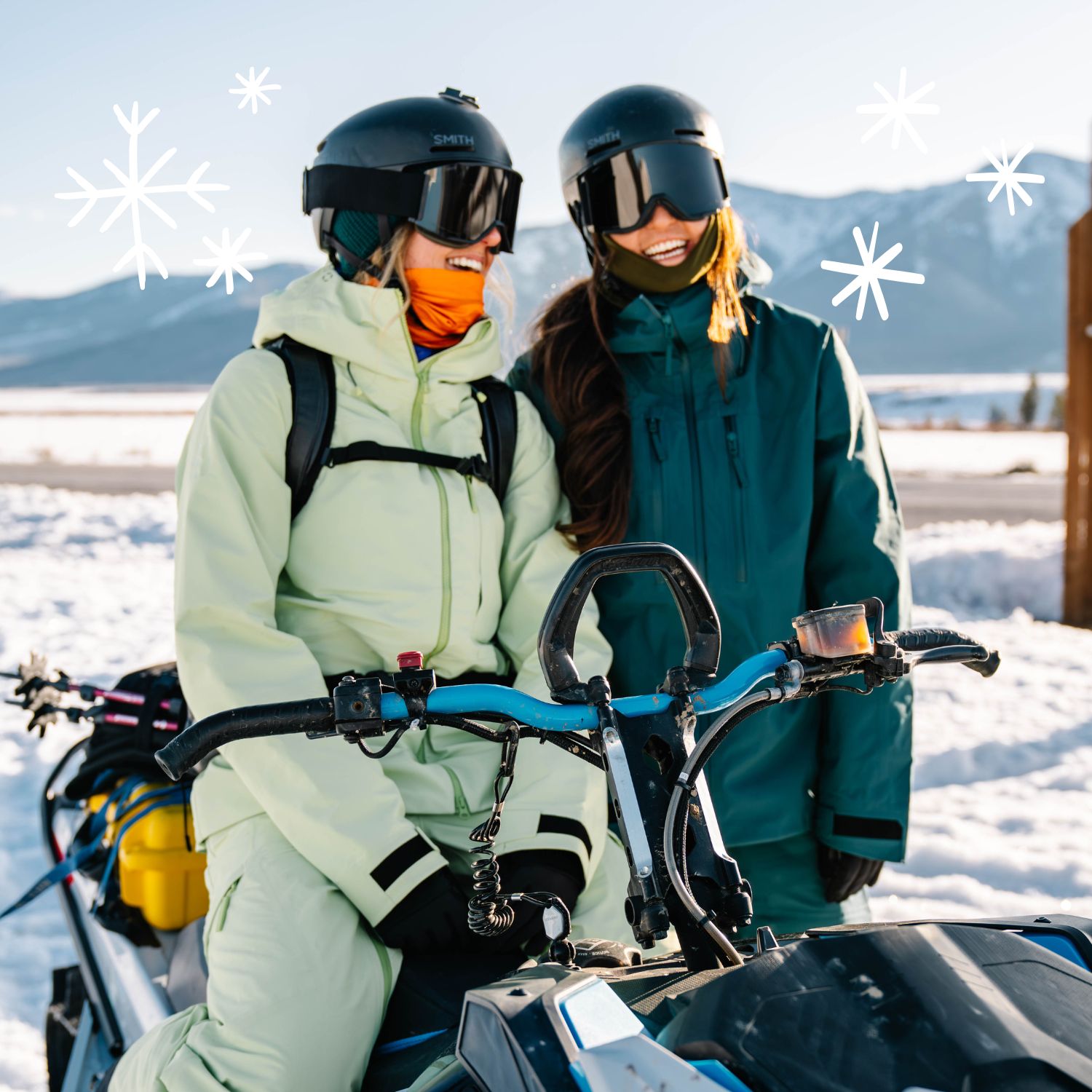
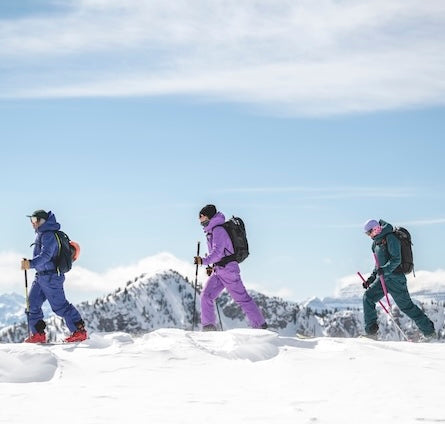
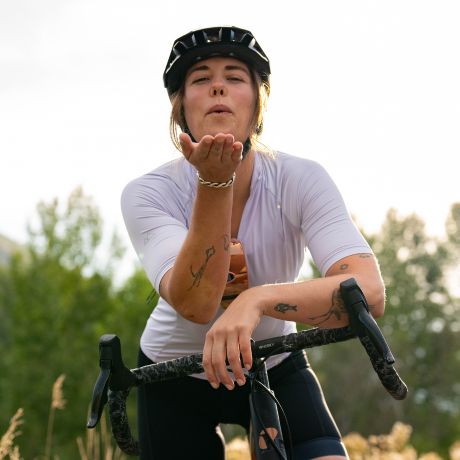
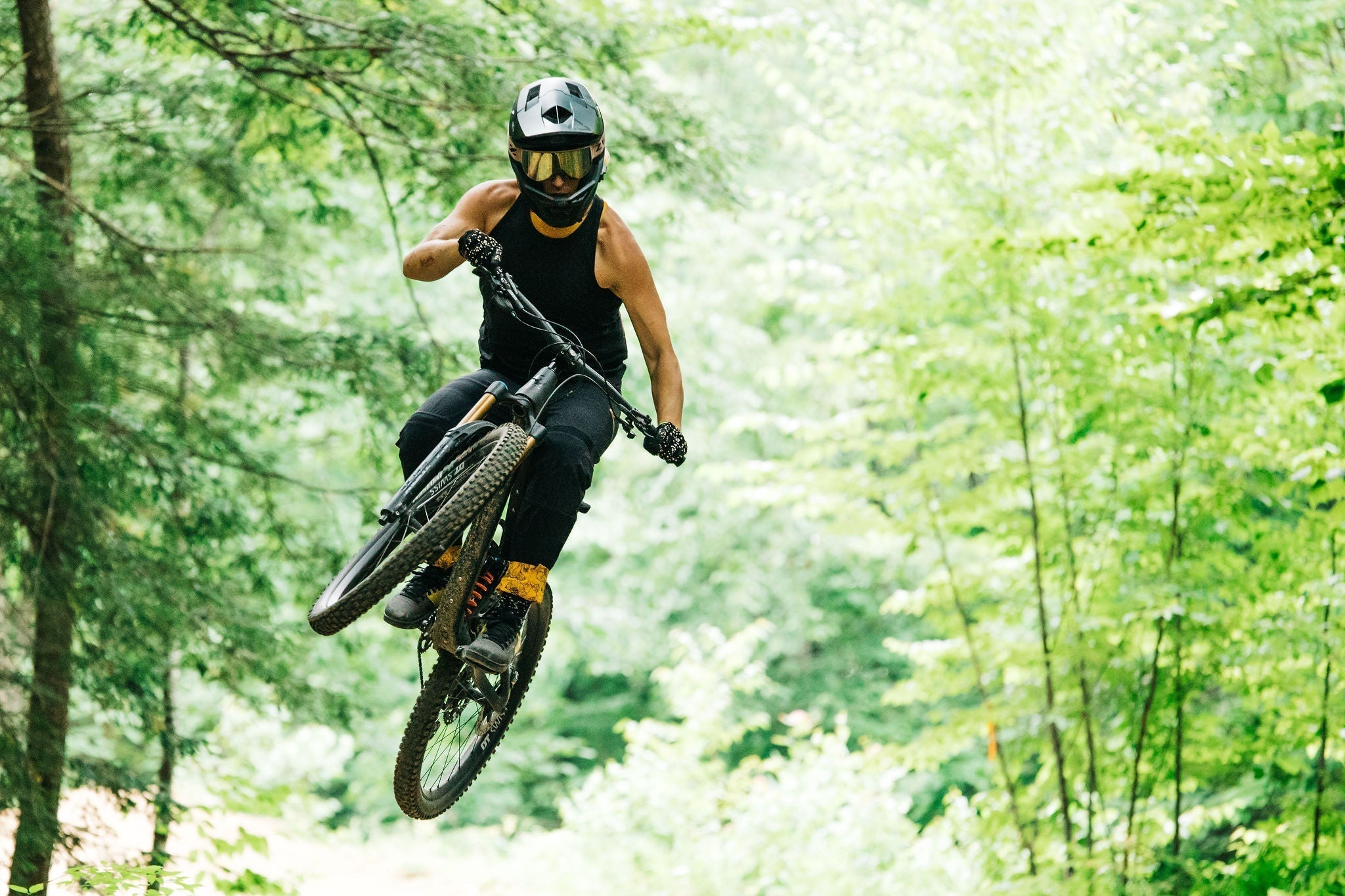
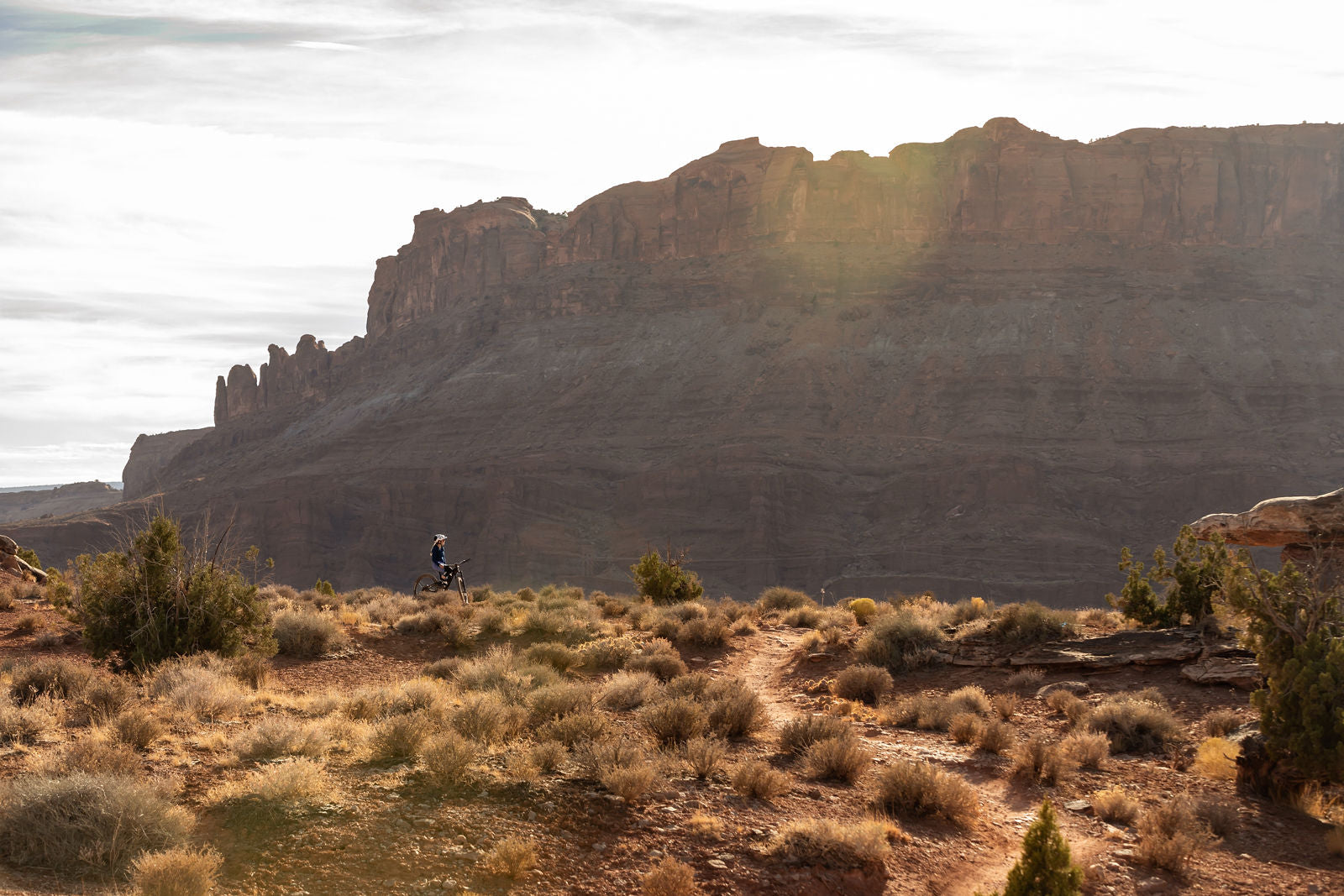
1 comment
👏 This was great! Love the highlight of these ladies
Tarin
Leave a comment
This site is protected by hCaptcha and the hCaptcha Privacy Policy and Terms of Service apply.